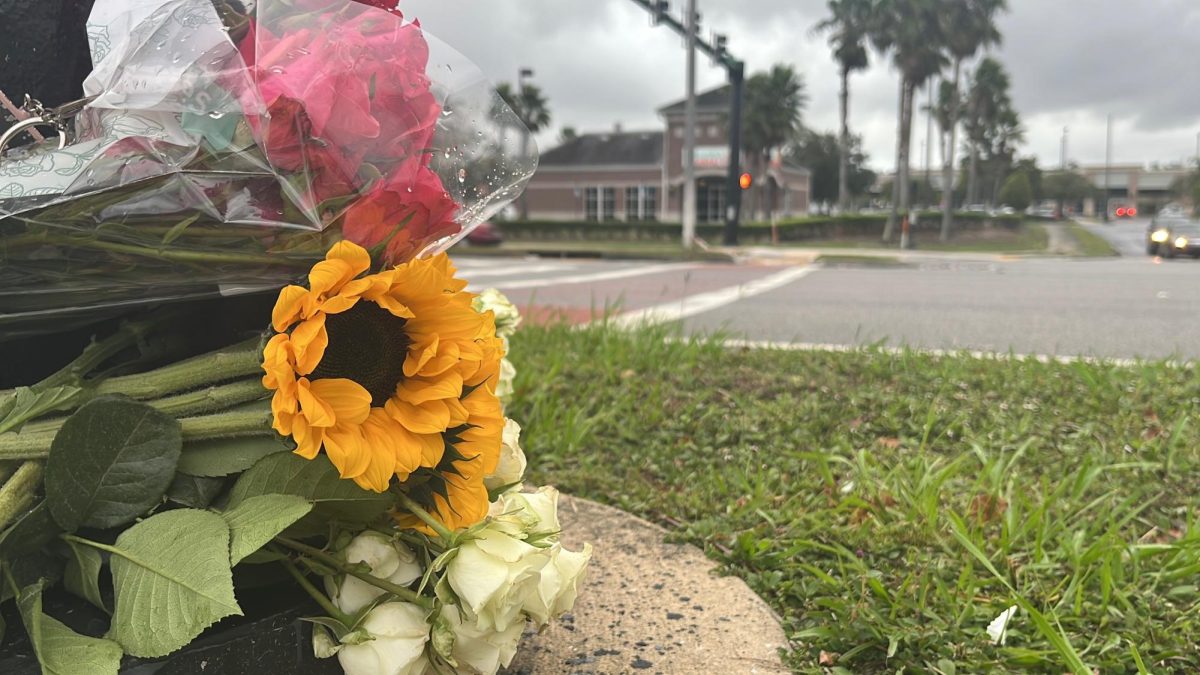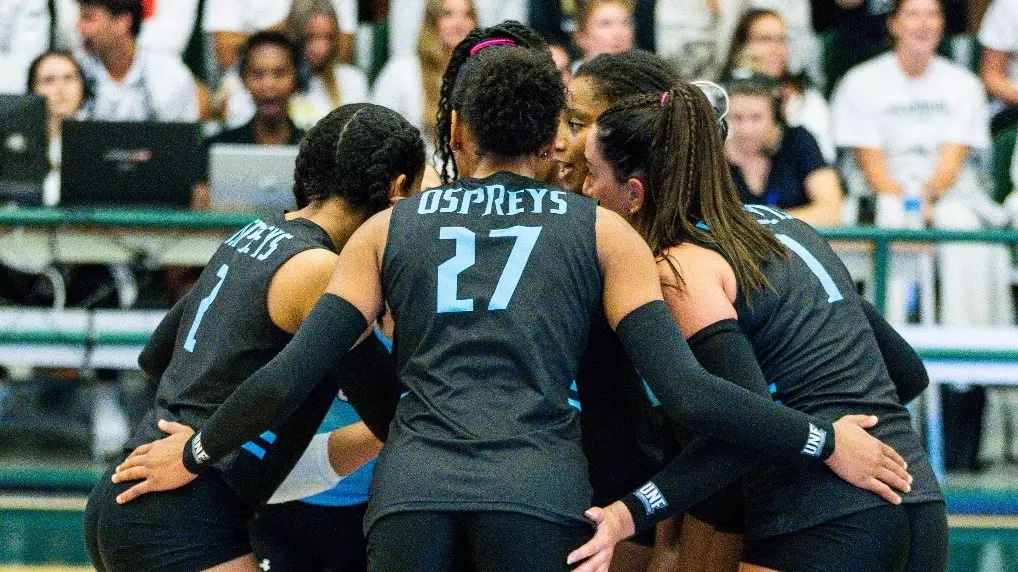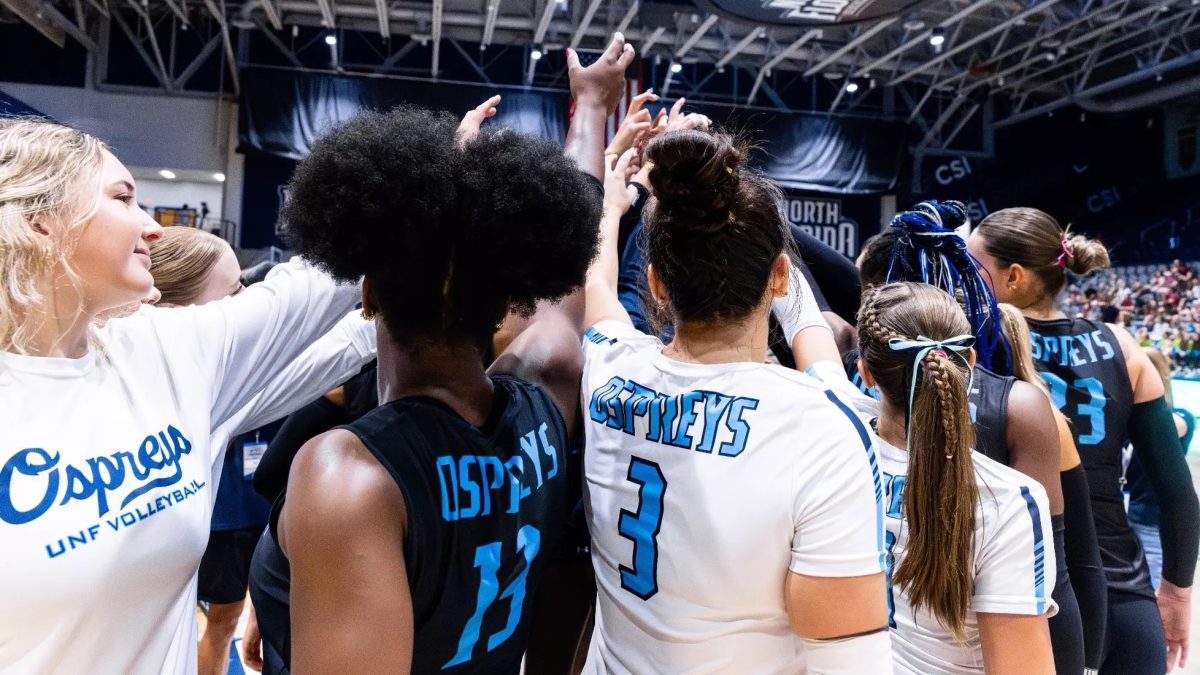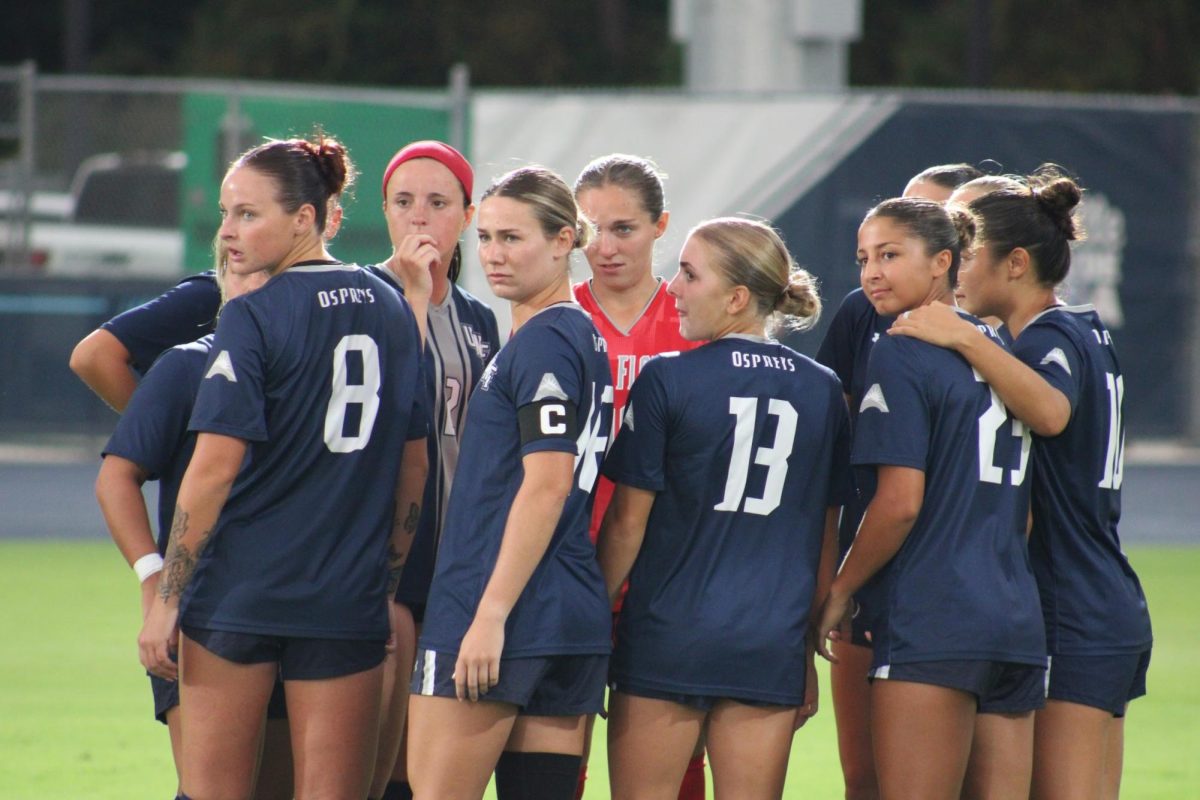Freshmen and transfer students beware: A late major change could cost you more than a delayed graduation date due to a bill signed by Gov. Charlie Crist May 21.
All incoming freshmen and transfers enrolling in the 2009-2010 school year are subject to a surcharge for additional credit hours earned beyond the core credit hours imperative for their bachelor’s degree, according to Bill 1696, passed into law as section 1009.286 of the Florida statutes. Students who surpass more than 120 percent of the credit hours designated for their bachelor’s degree will have to pay a surcharge equal to 50 percent of the tuition rate for each credit hour earned in excess.
On average, UNF students who accumulate more than 144 credit hours en route to earning a bachelor’s degree will currently be charged roughly $45 per every credit hour past 144, said Jim Owen, director of One Stop Student Services.
However, some majors’ credit hour cap will be higher, such as mechanical, electrical and civil engineering, due to the 128 basic credit hours needed for those degrees.
Whatever the total credit hour count may be, good and early decision making when it comes to classes is more valuable than ever, Owen said.
“This bill won’t come into play for a few years, but students need to be informed now on what the impact might be for withdrawing from classes,” he said.
Withdrawals for reasons other than medical or personal hardship, failed courses, transfer credits and repeated courses will all count towards a student’s overall credit count, Owen said.
“Articulated accelerated mechanisms such as AP or IB credits will not count,” he said.
Internship program credits, certification program credits, dual major credits, credits attained by active duty military personnel, ROTC program credits and remedial and English as a second language credit hours are also excluded, according to Bill 1696.
With this legislation, the state added a disincentive to the reality of UNF’s pseudonym ‘U Never Finish.’ It’s a wake-up call for students, Owen said. Students who change their major late could now be making a costly mistake, Owen said.
“This is about the state wanting students to complete their degrees in a timely manner,” Owen said. “[It’s to] deter students from becoming ‘career students.’”
Students such as Danika Dodd, a UNF business administration freshman, understand the state’s reasoning behind the change.
“It’s kinda ridiculous, but I can see [how] it will help get students on top of their game,” she said. “It will motivate the kids who withdraw from a lot of classes or switch their major a lot to buckle down and get out in four years.”
There are two sides to any story, though, Owen said.
“I can see both sides of this. I was a student once, and I made some bone head decisions and dropped some classes I shouldn’t have,” he said. “But there is also the burden of the taxpayers to consider … the state subsidizes a lot of tuition.”
Either way, it is only the students who will be forced to cover the costs created by the change, and money for college is tight in any economy, UNF transfer student and junior biomedical science major Holli Schultz said.
“I already came in [to UNF] with 120 credit hours,” she said. “I don’t think this change is fair at all for students who switch their major late in the game. I [did] and therefore I had to complete a lot of different prerequisites for my new major.”
Although some students may not agree with this costly change, ignoring it could prolong an already overdrawn experience.
A hold would be placed on a student’s account if they didn’t pay the extra fees, Owen said. This would mean the student would not be able to access transcripts or receive a diploma.
But UNF is taking proactive action to improve matriculation rates without resorting to fees. With flagship programs such as the Academic Roadmap Initiative, planned for completion at the end of this fall semester, students won’t be confused about which classes they need to take.
The law required universities to inform students of the change, therefore a registration hold will be placed onto students’ accounts two weeks into this semester. To lift this hold, students will have to access myWings to read the information on the new legislation and click agreeing they understand it, Owen said.
For further information regarding the legislation, students can visit www.flsenate.gov.















